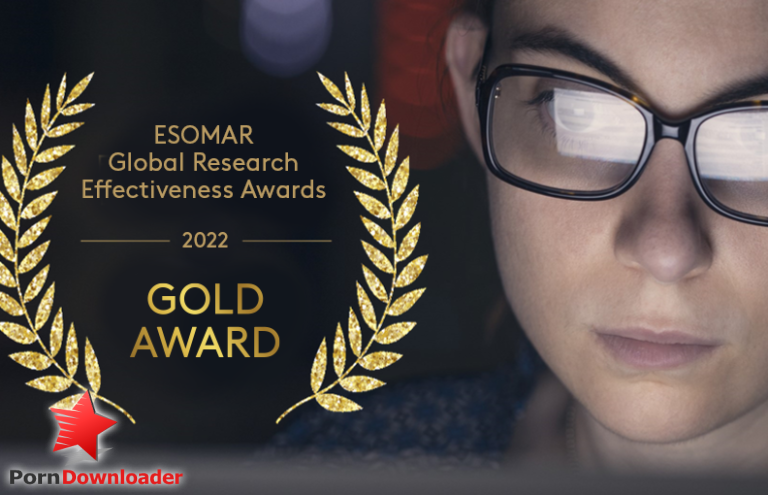Introduction:
Pornography consumption has become increasingly widespread in contemporary society. Due to technological advancements, accessing explicit material has never been more convenient. This ease of access, however, can generate sentiments of shame and guilt in those who engage with pornography. This discussion will explore practical approaches for overcoming feelings of shame and guilt associated with watching porn, providing insightful advice for individuals looking to cultivate a healthier connection with their own sexuality.
Understanding the Effects of Shame and Guilt
Identifying the Origins of Shame and Guilt
1. Societal Norms:
- During formative years, many individuals are taught that viewing pornography is immoral or shameful.
- Religious or cultural convictions can fuel feelings of guilt and shame.
- Perceived societal expectations and criticisms can intensify these adverse emotions.
The Impact of Media and Stereotypes
1. Unrealistic Expectations:
- Media often portrays exaggerated body shapes and performances, causing individuals to feel insufficient and ashamed of their own desires.
- Pornography is often presented in a distorted manner, creating false ideals and further contributing to shame and guilt.
Psychological Consequences of Shame and Guilt
1. Diminished Self-Worth:
- Shame and guilt can undermine self-confidence, leading to a negative self-image and reduced overall self-respect.
- Individuals may develop body image issues and perceive themselves as unusual or perverted.
Suppressed Sexuality:
1. Repressing Natural Urges:
- Guilt-related sentiments may lead to an unhealthy suppression of sexual urges, hindering sexual expression and personal satisfaction.
- Repressing these urges can result in frustration, anxiety, and even interpersonal problems.
Strategies for Overcoming Shame and Guilt
1. Education and Self-Reflection:
To effectively address shame and guilt related to pornography consumption, it’s crucial to develop a comprehensive understanding of human sexuality and healthy sexual expression.
Acceptance and Normalization:
1. Acknowledge that engaging with pornography is a common and natural facet of human behavior.
2. Realize that diverse sexual interests and desires are normal and exist on a spectrum.
2. Re-evaluating Cultural and Social Beliefs:
It’s essential to critically examine beliefs and values instilled by society and identify unhealthy or impractical notions surrounding sexuality.
Questioning Established Norms:
1. Challenge the concept that sex is inherently sinful or shameful.
2. Acknowledge that consensual sexual activities, including viewing pornography, can be healthy and pleasurable.
3. Cultivating Self-Acceptance:
Developing self-acceptance and self-compassion is crucial for overcoming shame and guilt.
1. Embracing Individuality:
Understand that everyone possesses unique sexual preferences and desires, and there is no single “normal” or “correct” way to experience sexuality.
Conclusion
Overcoming feelings of shame and guilt associated with watching pornography is a deeply personal process that requires introspection, education, and self-acceptance. By understanding the root causes of shame and guilt, challenging social beliefs, and fostering self-acceptance, individuals can nurture a healthier relationship with their own sexuality. It’s important to remember that each person’s sexual journey is distinct and personal, and embracing one’s desires should be met with self-compassion and understanding.
Frequently Asked Questions
Q1. Is feeling shame and guilt about watching porn common?
A1. Yes, many people experience shame and guilt when viewing pornography due to social norms, religious teachings, and societal judgements.
Q2. How can I overcome these feelings of shame and guilt?
A2. Overcoming shame and guilt involves education, self-reflection, challenging societal beliefs, fostering self-acceptance, and accepting the diversity of sexual preferences.
Q3. Can watching porn affect my self-esteem?
A3. Yes, the shame and guilt associated with pornography can lead to lower self-esteem and a negative self-image.
Q4. Does pornography consumption harm relationships?
A4. When done consensually, pornography consumption does not necessarily damage relationships. Open communication and mutual understanding are key.
Q5. How do I differentiate between healthy and unhealthy pornography consumption?
A5. Healthy consumption involves consensual content and does not negatively affect daily life, self-esteem, or personal relationships.


